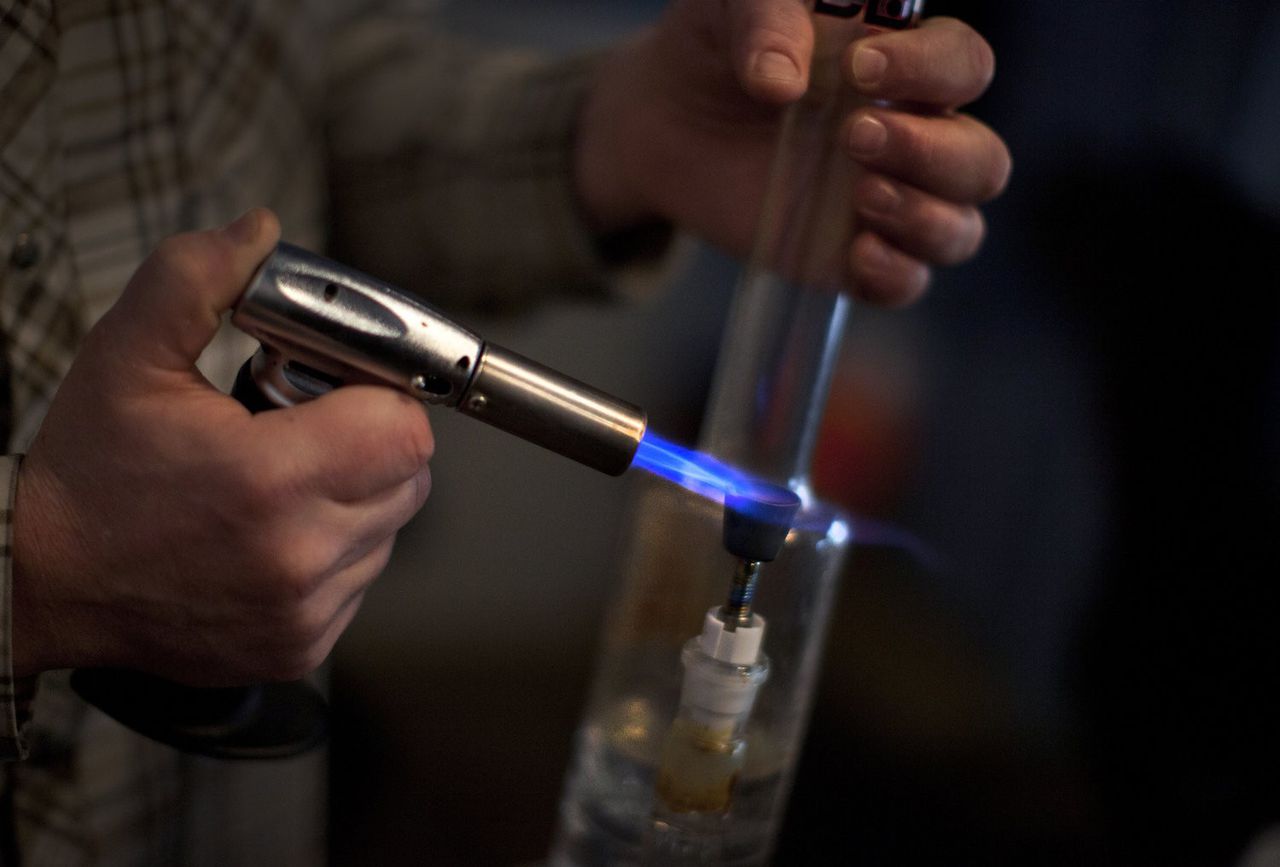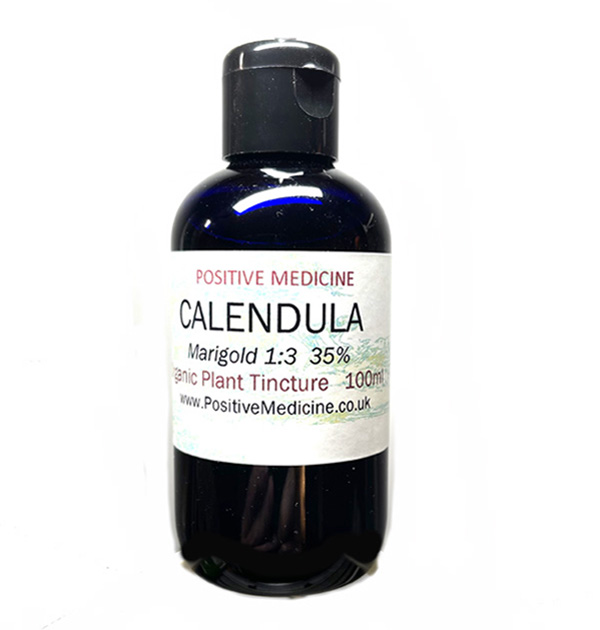
When you decide to use CBD oil, you should make sure you are choosing a free CBD oil that does not contain THC. You can find CBD oils in many forms, including isolate, broad-spectrum, and hemp seed oil. These oils are different from CBD tinctures that contain high concentrations. They should be taken slowly to avoid adverse effects.
THC-free CBD oil
THC-free CBD Oil is a great alternative for those who want to test out CBD without getting high. It contains zero percent THC and still offers all the wellness benefits of the CBD plant. It can be taken orally in a variety of strengths. It is vegan, cruelty-free, and alcohol-free. It is also available in capsules, and is available in a variety of flavors. It is also very affordable and can be used in various ways. It is especially popular among people who suffer from chronic pain.

Isolate
Isolate CBD is a form 99% pure cannabis oil. It is extracted from hemp by a CO2 extraction machine. This produces a purer oil than alcohol. This oil has high CBD content and low levels of THC. It is then refined with triple pass fractional distilled.
Broad-spectrum
CBD oils come in two basic varieties: full spectrum and broad-spectrum. Broad-spectrum CBD includes 85% to more CBD. It also contains a small portion of THC, which can be a psychoactive ingredient. Full-spectrum CBD contains trace amounts of THC, but not enough to cause adverse effects.
Hemp seed oil
CBD hemp seed oils has numerous benefits. Its oil-regulating, moisturizing and skin-friendly properties are great for your skin. It also contains essential minerals as well as omega-3, omega-6 fatty oils. It is good for your overall health. It is a great natural sleep aid and can improve moods and focus.
Flavoring
When you buy CBD oils, it's important to read the label carefully. Some brands may contain flavourings. Some flavourings can be natural and harmless, while others could contain synthetic chemicals. The latter can have a serious impact on your body. These additives can cause allergic reactions, stomach pain, diarrhea, or even vomiting.

Legality
Even though CBD oil or hemp-derived CBD may be legal in many states, it's important to familiarize yourself with the laws of your state. Due to the rapid changes in legal climate, it is essential that you seek legal advice from qualified attorneys. Even if CBD products can be purchased legally, you need to be cautious about shipping them out of state. Different laws apply to marijuana and CBD. You should consult your state's laws before you travel.
FAQ
Is CBD's market saturated?
CBD industry is growing at over 25% per annum. This growth is expected continue for at most five more years. The industry is forecast to grow from $2 Billion to $5 Billion by 2020.
The CBD market is currently dominated by two companies - GW Pharmaceuticals and Canndoc Ltd. Both companies have a focus on creating pharmaceutical-grade products. However, they have not been very successful thus far. Both are struggling to gain traction on the market.
Cannabidiol, or CBD (cannabidiol) is a cannabis extract that contains less 0.3% THC. It does not cause any psychoactive effects. It is used to treat epilepsy and other conditions. It is also used to supplement a diet.
There are many kinds of CBD products. Some CBD products are made from whole plant extracts while others contain CBD.
These products all share one thing in common: low levels are THC.
They are now legal under US federal laws. This doesn't mean you shouldn't follow local laws when selling CBD-related products. It is important to check the regulations in your state for CBD products.
Additionally, CBD products in some states are illegal. These include California. Colorado. Florida. Mississippi. Missouri. New York. North Carolina. Ohio. Oklahoma. Oregon. Rhode Island. South Dakota. Texas. Utah. Virginia. Washington.
CBD products are not recommended for people who live in these states.
Does CBD help with anxiety?
CBD oil works well to reduce anxiety. This is because it interacts directly with CB1 or CB2 brain receptors. The endocannabinoid system regulates mood and stress responses.
Our bodies activate the CB1 receptor when we feel anxious. When activated, this receptor sends signals to the amygdala, which is responsible for emotional processing.
The CB1 receptor can be blocked so that the amygdala does not receive the signal it needs to process emotions. CBD users have less negative feelings.
2017 research showed that CBD has been shown to reduce anxiety in those suffering from socialphobia. Another study showed that CBD reduces symptoms of PTSD.
A 2018 study concluded that CBD can be used to treat anxiety disorders and anxiolytic effects.
Another study indicated that CBD might help reduce panic attacks.
However, numerous studies have shown CBD to increase anxiety levels in mice.
The discrepancy found between the animal results and human data might be due to differences of how CBD affects humans and animals.
CBD does not have any safety data. Experts are unanimous that CBD is safe if used as directed.
What are the best uses for CBD?
CBD can also be used to treat anxiety. It is also used to treat pain, insomnia, epilepsy, inflammation, depression, and other conditions.
There are many ways you can consume CBD. CBD can be consumed in many ways. You can eat CBD-rich foods, take CBD tinctures or vape CBD eliquids.
CBD can provide many benefits. It has been shown in studies to alleviate chronic pain, PTSD, anxiety, among other things.
Statistics
- A recent systematic review of human trials also reported that individuals with epilepsy receiving CBD (5–20 mg·kg−1·day−1) were more likely to experience decreased appetite than those receiving placebo (i.e., ~20 vs. 5% of patients) (ncbi.nlm.nih.gov)
- A recent study [161] also found that in vitro CBD treatment (i.e., ≤ 2 h exposure to 10 μM) induced ~40% vasorelaxation in isolated (pre-constricted) (ncbi.nlm.nih.gov)
- CBD seems unlikely to directly influence sleep in healthy humans [115] (and maybe “sleep-promoting” in those with certain comorbid conditions) (ncbi.nlm.nih.gov)
- however, one study also found that these effects were virtually abolished when the original media (a nutrient broth agar) was replaced with one containing 5% blood (increasing the minimum concentration to ~160 μM CBD) [179]. (ncbi.nlm.nih.gov)
- The use of these products is likely to become even more widespread if the World Health Organization's recommendation that CBD no longer is scheduled in the international drug control conventions is adopted by the United Nations member states [201]. (ncbi.nlm.nih.gov)
External Links
How To
How To Get Certified For Selling CBD Products
CBD (cannabidiol), a cannabinoid found in cannabis plants, is just one of the many. It's been used medicinally throughout history, including traditionally in China, India, and many South American countries. Its ability to treat anxiety, pain and epilepsy has led to it becoming increasingly popular in recent years. There is no formal certification program for CBD products. At least, not in the U.S. Anyone who wants to sell CBD products will have to use the "unofficial", self-certification process.
There are two options. First, join a local canna-business owner association. This way, you can learn from others while getting support and advice. There are currently many associations across the country. Another option is to go online. Canna-businesses can now operate online in many states. You can create your own website and start taking orders immediately if you are allowed to do so. But, you still need to register with your state's Department of Public Health. After you have registered, you can apply for a license from your state's Department of Public Health. Once you receive your license, you're officially allowed to open your store and begin accepting orders.